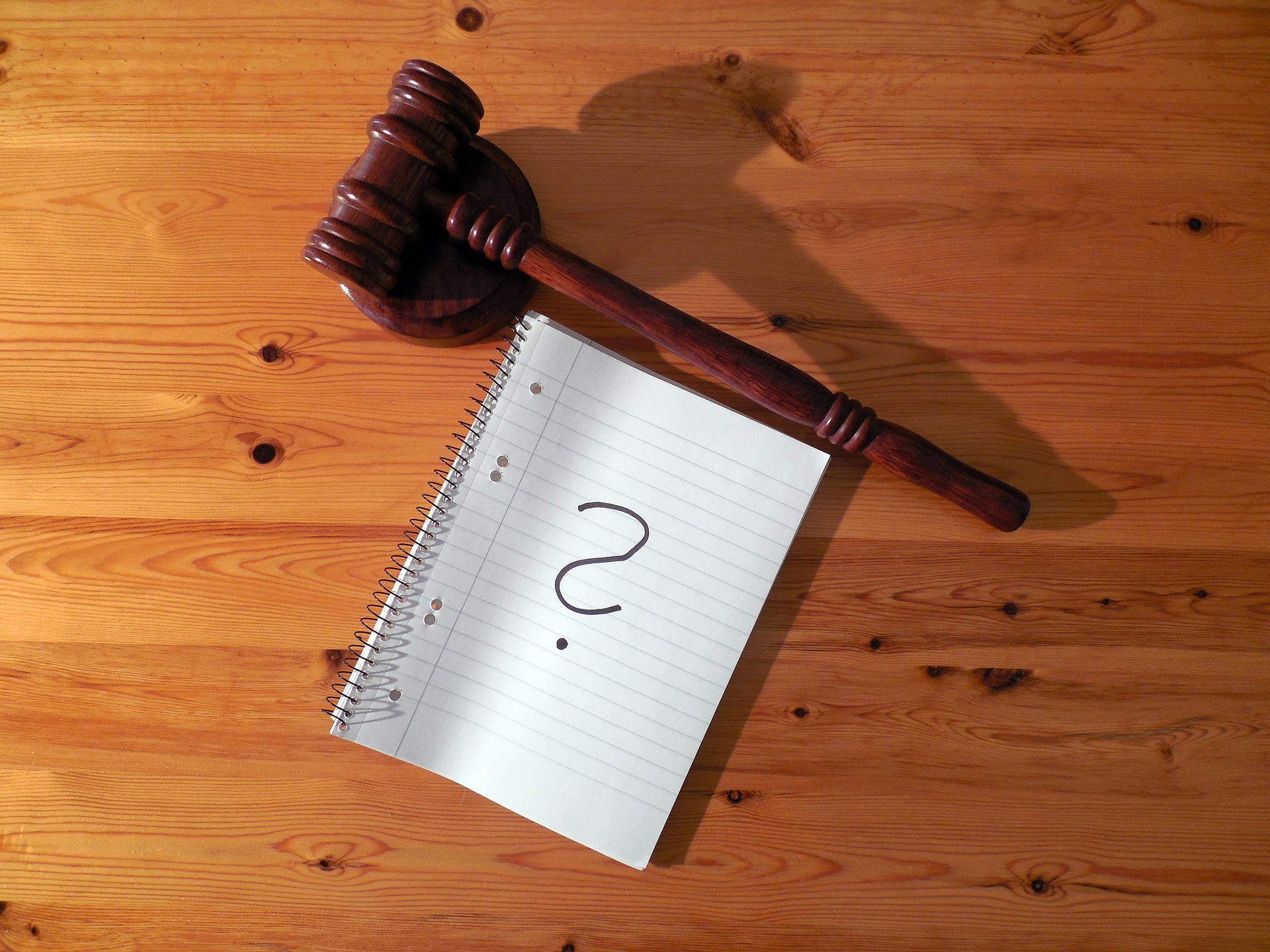
One advantage to a bench trial is that you are entitled to a statement of decision. This can be better than a jury verdict because a statement of decision includes findings on all material issues. The cross-defendant in the development dispute in Casa Verde Landscaping Maint. Corp. v. Lennary Cmtys. (D4d1 Oct. 24, 2023 D081550) [nonpub. opn.] correctly followed the two-step process for a statement of decision: Casa Verde (1) timely requested the statement of decision by identifying the material issues on which findings were needed; and (2) objected when the trial court failed to make the findings.
But the trial court still refused to make findings, which bore on the amount of damages against Casa Verde for breaching a change order. This was particularly puzzling since the trial court specifically asked the parties to address the issues in their closing arguments.
Upholding the right to a statement of decision, the Court of Appeal reversed. The court made a number of observations about the importance of a statement of decision, including:
The erroneous omissions in the statement of decision were prejudicial. “Deciding these questions requires resolving evidentiary conflicts. This we cannot do, and the trial court's failure to make these findings is not harmless error.”
The statement of decision’s greatest virtue is to give litigants a tool when “confronted with non-communicative trial judges.” Typically, judges do not have to give reasons. And judges are most prone to exercise this privilege when making bad rulings. Most of the time, the most an attorney can do is explain that the ruling is bad and the judge should feel bad. It is small comfort, but the only comfort to be had.
But the statement of decision can provide more than small comfort. Used well, it requires a “non-communicative” judge either to communicate, or face reversal. The non-communicative judge here got reversed.